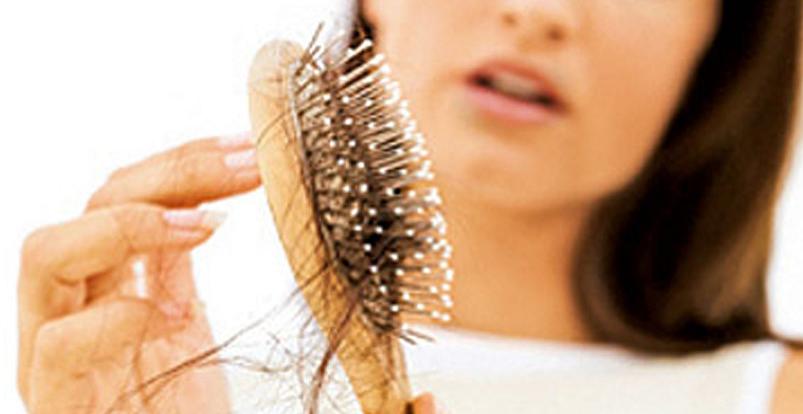
The average person sheds somewhere between 50 and 100 hairs each day. But unexplained, excessive hair loss can be worrying and scary. So unless you're okay with shaving it all off, you might want to check this list of bad habits that could be causing you to go bald.
You're super stressed out
We're not talking about regular, everyday worries and stress here. Hair loss can occur six weeks to three months after a stressful event. This kind of hair loss is called telogen effluvium, which can also be caused by infections, major surgery, or having a baby. The good news is that your hair will grow back normally once stress is reduced.
Your hairdo is too tight
Hair that gets pulled back tightly can seriously damage the hair follicles. This condition is known as traction alopecia, and could cause permanent hair loss. Solutions include wearing ponytails or buns in different areas of the scalp. Avoid rubber bands when tying hair as they can also cause breakage (try fabric ones instead).
Too much blow-drying
Very high heat from blow dryers and the like can lead to breakage, which in turns makes hair more prone to falling out. Your best bet is to air-dry hair as much as possible, and never use straighteners or curling irons on wet hair.
Brushing hair when wet
Brushing wet hair can cause breakage since wet hair is more delicate. Either let hair dry before gently brushing, or use a wide tooth comb on wet hair instead of a brush.
Your diet
A diet that is not high enough in iron or protein can lead to hair loss. If poor diet is your issue, you can usually reverse hair loss by balancing your food intake.
Excessive Vitamin A
The body uses vitamin A to help with vision and hair growth, but high levels of the stuff can actually have a converse effect and contribute to hair loss. Medication like retinoids which are commonly used to treat acne and psoriasis have high levels of vitamin A. Once you discontinue using the meds, your hair should resume its normal growth.
Not Enough Vitamin D
Some studies suggest that low levels of vitamin D and iron can cause thinning hair in women. Ask your doctor to test your vitamin D and iron levels, and discuss whether or not you should take a vitamin supplement.








































































